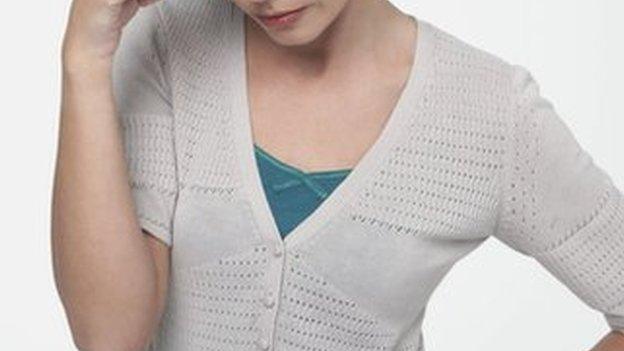Health minister apologises to mesh implant victims
- Published
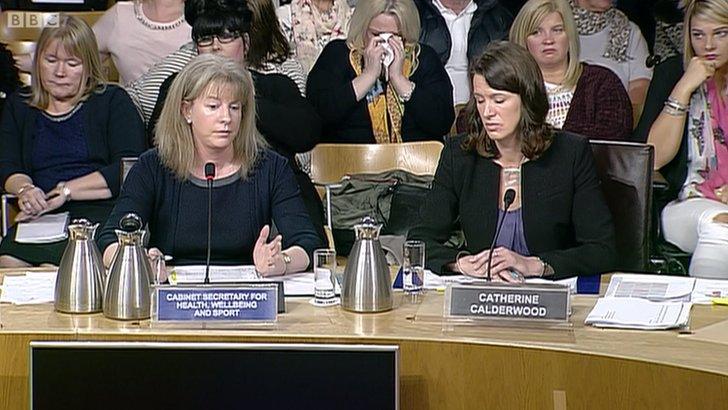
Scotland's health minister has apologised to women who were left with severe complications following a procedure to treat prolapse and bladder problems.
Hundreds of women were left in severe pain by operations to implant a surgical mesh.
They felt their symptoms were dismissed by the medical profession.
Shona Robison said they should not have had to lodge a petition in the Scottish Parliament to have their voices heard.
It also emerged that about 80 women have received the controversial procedure since former Health Secretary Alex Neil requested its suspension in June last year.

What's the issue with mesh implants?
Mesh implants
How many have the procedure?
1,850
cases each year in Scotland
-
1-3% stress urinary incontinence patients suffer complications
-
2-6% pelvic organ prolapse patients suffer complications
An independent review into mesh implant surgery was ordered after women who had been left suffering from painful complications took their case to Holyrood.
Find out what the procedure is, and why it has caused a problem for some patients.

Ms Robison, appearing at the public petitions committee at the Scottish Parliament, said: "I'm happy to apologise to the women for having to basically campaign to bring it to everyone's attention.
"It should never have taken women to have to campaign in this way to shine a light on this issue. I want to thank them for all that they have done. They have left a legacy for other women.
"That is probably cold comfort for the ladies sitting behind me."
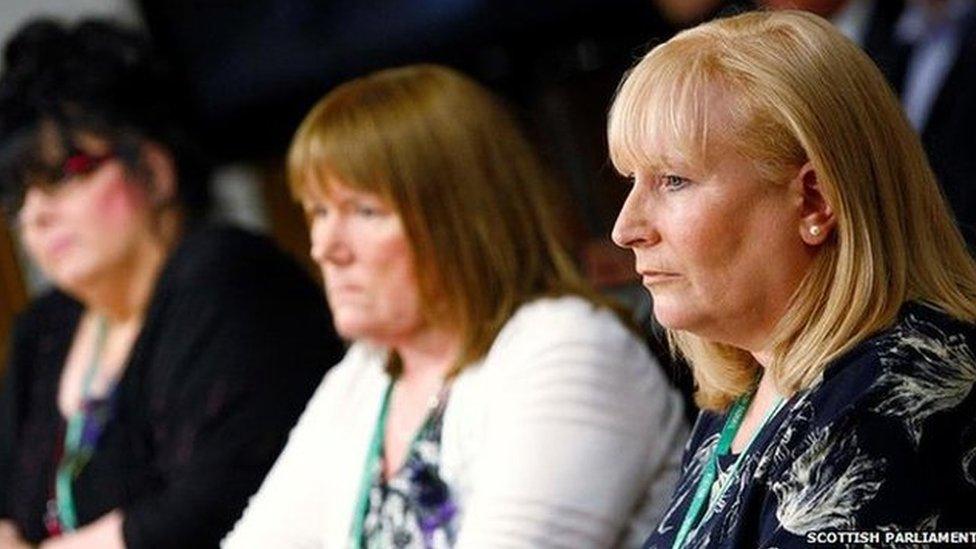
Members of the Scottish Mesh Survivors campaign previously gave evidence to the Scottish Parliament
Elaine Holmes and Olive McIlroy of Scottish Mesh Survivors - the group which took the issue to Holyrood - want a public inquiry to be held or independent research to be carried out into the safety of mesh devices.
The committee hearing took place after the publication of an interim report by the Independent Review of Transvaginal Mesh Implants, which happened following the campaign.
Ms Holmes, Ms McIIroy and other women affected by the procedure sat behind those giving evidence to the committee.
Many shook their heads when they heard the practice had continued, and were visibly upset at other moments.
'Serious concerns'
Ms Robison's apology came after a question by Labour MSP Neil Findlay.
He said: "One of the issues through this has been that the medical establishment has had a real willingness to believe those who said it was a fantastic procedure and product, and a real unwillingness to believe those who said this caused problems.
"Do you think someone should apologise to those women who were not believed?"
He said there were many in the medical establishment who still did not believe them.
Ms Robison said the women who had undergone the procedure since Mr Neil had called for its suspension last summer had asked for the procedures themselves, in light of all available information.
Ms Robison said: "The numbers of procedures have dropped dramatically.
"There have been very, very few carried out in light of the suspension.
"As I have said in parliament, where the women herself was asking for the procedure because of the distress that her condition was causing and the clinician was prepared to continue in that case, then those are the circumstances where the procedure can go ahead."
Better training
Ms Robison conceded there may have been an issue with the "communication of the time" as this may not have been the perception of some people, but the minister was clear this was always an option for women.
Catherine Calderwood, the Scottish government's chief medical officer, said that since the suspension call was made, 76 women had undergone procedures for stress, urinary and incontinence and "less than ten" women had received a mesh for a prolapse.
The interim review called for better training to ensure medical staff were more aware of the complications women could suffer after mesh implant surgery.
The report expressed "serious concerns that some women who had adverse events found they were not believed", adding that this added to their distress and meant they had to wait longer for help.
Ms Robison said the Scottish government accepted all the interim report's recommendations. The full report will be published at a later date.
- Published19 December 2016
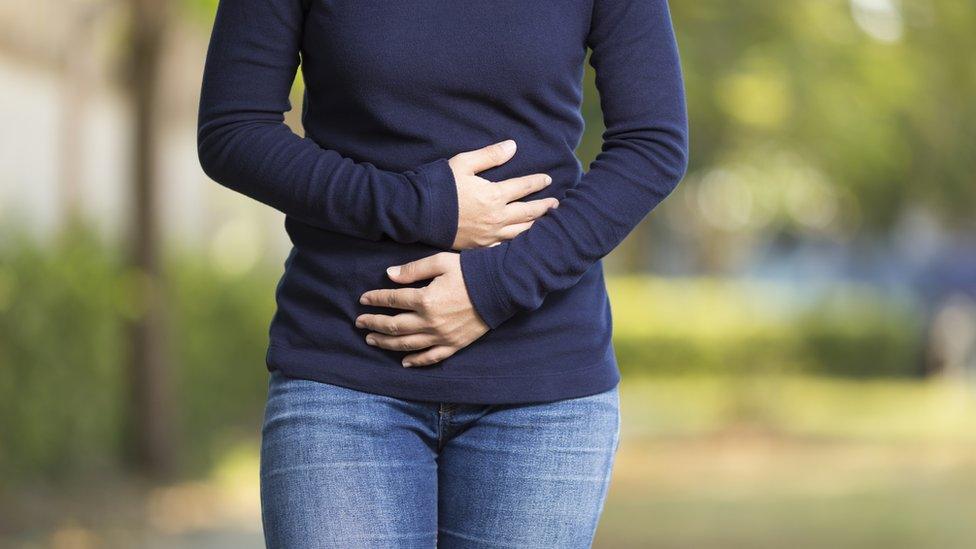
- Published17 June 2014
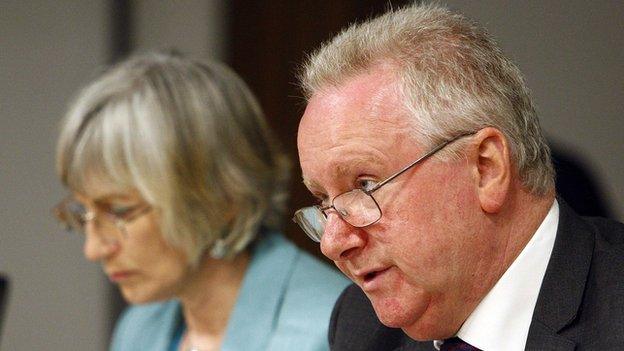
- Published1 March 2015
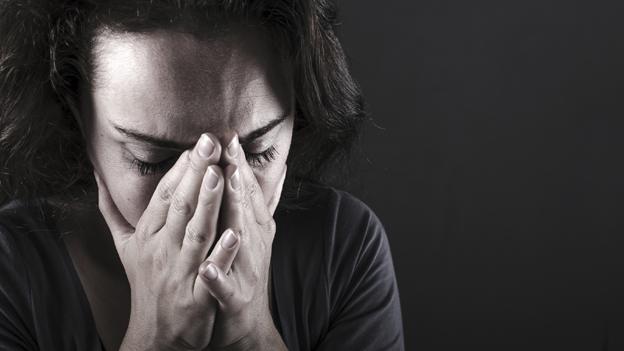
- Published24 February 2015
